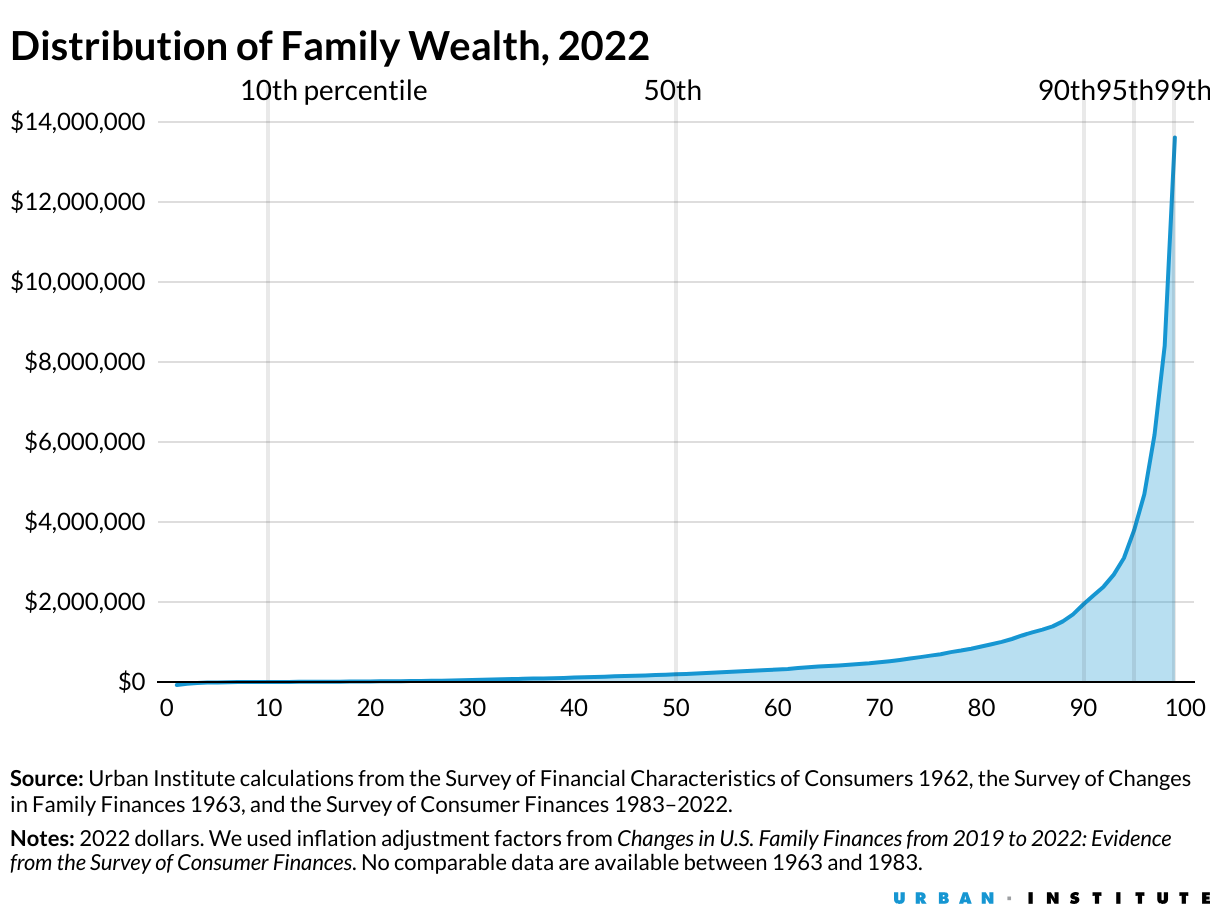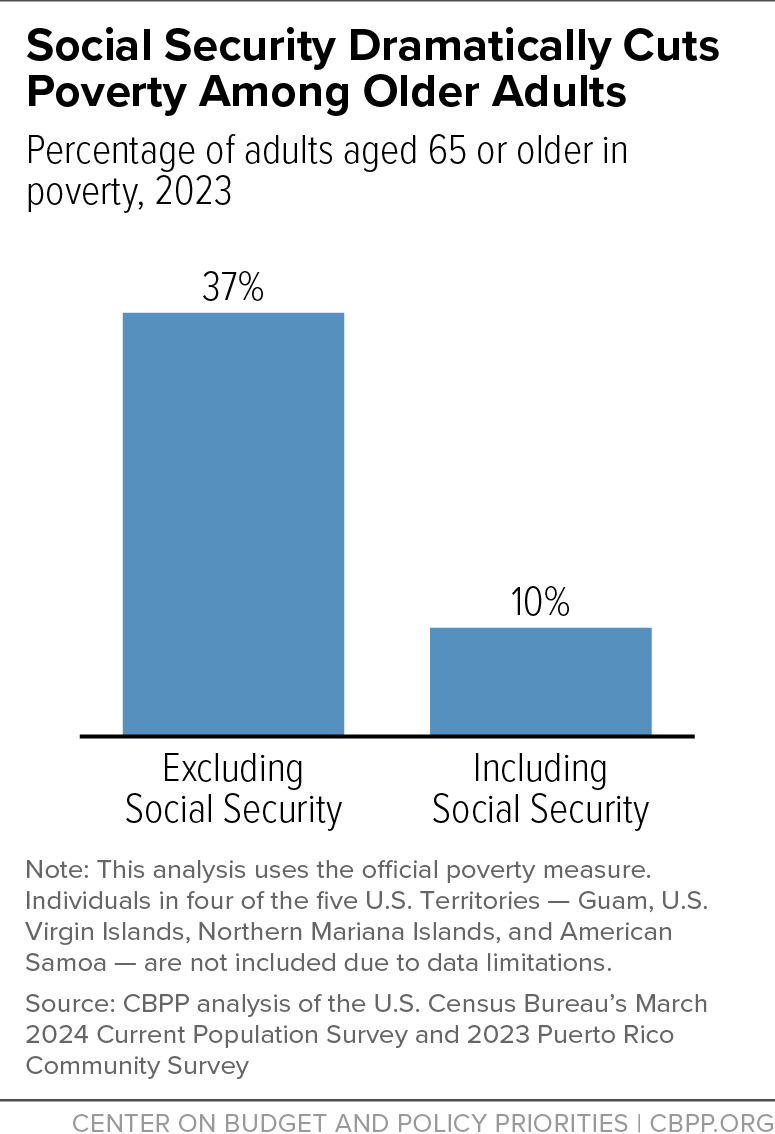Why Social Democracy Isn't Enough
Or, "Why I'm a Socialist"
A common critique of socialism from progressives and liberals is that it’s unnecessary. In their view, society could be significantly improved by regulating and reforming capitalism to establish a generous welfare state, thereby raising the standard of living and making a complete transition to socialism unnecessary: If everyone has enough to eat, can go to the doctor, and has a middle-income life, then there’s no need to shift the ownership of industry from private hands (capitalism) to public control (socialism). Social democracy, as this is called, features socialized healthcare, universal education, high tax rates on the wealthy, robust unemployment insurance, and other public goods common in other countries that are considered impossible in the United States. While not everyone calls it by its name, you can hear the social democratic worldview from left-liberal commentators such as Jon Lovett and David Pakman, and from progressive politicians such as Ro Khanna. A complete argument for maintaining the core of capitalism with progressive social systems can be found in Robert Reich’s 2015 book, Saving Capitalism.
I’m not hostile to social democracy. I think it’s wonderful, and the JoeWrote backlog is filled with articles advocating for social democratic programs — Medicare for All, higher unemployment benefits, etc. etc. But where I differ from those mentioned above is that I don’t believe reformed capitalism is enough to create a prosperous, healthy society. Social democracy makes life better for the working class, but unless the rotten core of capitalism — the private ownership of the means of production — is ended, whatever gains the working class are granted will remain in jeopardy.
In my view, capitalism harms society in three major ways:
Capitalism is exploitative. In our capitalist system, profit is the difference between what a business owner charges for a product and the cost of producing it. Traditionally, the largest operating cost is workers’ wages. As workers do not receive the full value of their labor, but only a portion, with the rest going to the owner, capitalism is definitionally exploitative — no matter how kind your boss is. This is called surplus value theory.
The profit motive is not always in society’s best interest. In Wealth of Nations, Adam Smith stated: “It is not from the benevolence of the butcher, the brewer, or the baker that we expect our dinner, but from their regard to their own self-interest.” Because the capitalist (butcher, brewer, etc.) wants money, they make food for others to purchase and eat. A core tenet of pro-capitalist politics is that if society lets entrepreneurs pursue profit, they will make products consumers want, creating a win-win scenario. There’s merit to this idea, but the social returns on the profit motive diminish as the economy develops. Modern butchers are just as motivated to sell good meat as they were back in Smith’s day. But as profit accumulates and companies expand, the path of least resistance to profit shifts from producing better products, which helps society, to antisocial activity that harms it. For example, when oil companies learned the harmful impacts of climate change, they manipulated public opinion rather than shift to green energy, as the former was easier to profit from. As social media companies see profit growth slow as they approach max-user limits, they push misogynistic algorithms to enrage and capture viewers rather than find ways to activate non-users.12 While there are still cases where the profit motive can produce beneficial outcomes, we’re seeing it less and less from the oligarchy that dominates American society.
Capitalism consolidates power in the hands of the privileged few, who use it to further their interests at the cost of the rest of us. As an inevitable result of capitalism, the capitalists end up with more money than everyone else. The longer capitalism exists, the faster capital accumulates. In 1963, the wealthiest American families had 36x the wealth of middle-income families. By 2022, they had 71x.3 Wealth inequality is expected to get worse, with the top 1% owning a quarter of the world’s total wealth by 2050.4 Pro-capitalist pundits often say wealth inequality isn’t a problem on its own. If everyone has enough to survive and thrive, what does it matter that others have more? This view ignores reality by refusing to recognize that wealth breeds power and impedes democracy. The issue isn’t that Jeff Bezos and Elon Musk can buy more cars and mansions than their workers. It’s that they will always use that wealth to diminish the democratic and human rights of the less powerful.
Problems #1 and #2 —unjust exploitation and harmful incentives —could be mitigated through social democracy. The U.S. government could strive to eliminate poverty through welfare programs like universal basic income and the restoration of the expanded child tax credit, while uplifting workers through labor protections, shorter workweeks, and profit sharing. This wouldn’t end the inherent exploitation of paying workers less than they’re worth, but to social democrats, that ideological issue takes a back seat to ensuring all citizens have a prosperous and healthy life. Additionally, harmful but profitable practices could be outlawed. After learning about the effects of harmful-but-cheap corporate chemical disposal, America (theoretically) stopped that practice by electing a hippie tree-hugging president, Richard Nixon, who created the Environmental Protection Agency. As non-socialist progressives argue, we could expand regulation to outlaw every harmful activity, ensuring capitalists’ pursuit of profit only works for the public good. It’d be difficult, but it’s theoretically possible.
While this is an understandable worldview, social democracy is insufficient because it cannot end problem #3 — capitalism’s inevitable concentration of wealth and power. This is, by far, the most destructive aspect of capitalism. Not only does perpetual wealth consolidation create an all-powerful class that is effectively above the law (Google “Jeffrey Epstein” for more on that), but it gives the capitalist class the ability to eradicate whatever protections were created to solve problems #1 and #2. Even if we give every American healthcare, education, and a home, as long as capitalists are free to continue accumulating wealth, they will use it to counter-attack anything and everything that blocks them from obtaining more wealth. After all, capitalism requires the never-ending pursuit of profit by any means necessary.
How do we know there would be a capitalist counterrevolution against American social democracy? Because that’s precisely what happened when America tried social democracy.
Following the Great Depression, America recognized unfettered capitalism was destructive. So they elected President Franklin Delano Rosevelt who implemented a series of social democratic reforms known as the New Deal.
I’m very fond of the New Deal. It substantially improved America’s quality of life, advanced civil rights, and gave the United States —and, by extension, the Allied Powers —the economic capability to defeat the Axis. In my opinion, there are two good presidents, and FDR is one of them. However, the New Deal was a compromise. It did not try to build socialism, but reform and save American capitalism through Social Security, increased oversight of banks, guaranteeing the right to unionize, and other left-leaning policies. Though not included in the original plan, the social democratic spirit of the New Deal coalition persisted long after the Great Recession ended. Presidents of both parties tried to expand social democracy with Medicare, Medicaid (LBJ), and quasi-national public health insurance (Nixon). Even today, these programs are critically necessary and extremely popular. Social Security is more popular with seniors than it is with Democrats — those who benefit from it recognize its usefulness. If the program disappeared, senior poverty would almost quadruple, creating inter-generational harm.5 Retirees would be forced into poverty, and their children would be forced to pay out of pocket to ensure they didn’t starve.
So, why do capitalists, conservatives, and even some corporate-funded liberals don’t want to end social democratic programs such as social security? It’s not because they’re ineffective or unpopular — they want to end them because they are effective and popular. Because the New Deal did not move to shift the ownership of productive forces from the few to the many, the profit motive remains as the country’s highest priority. As unions, Social Security taxes, and the regulatory oversight of agencies such as the Federal Deposit Insurance Corporation and Securities and Exchange Commission decrease capitalist profit by giving more money and protection to the working-class, capital will do everything in its power to end these programs, regardless of morality or legality.
In 1933, capitalists threatened by Roosevelt’s New Deal and decision to move off the gold standard tried to overthrow the president in a fascist coup. Robert Sterling Clark, heir to the Singer Sewing fortune, told Marine General Smedley Butler, who the conspirators picked to lead the coup, “I have $30 million, and I’m willing to spend half of the $30 million to save the other half.” The Marine general rejected their offer and went public, ending the counter-revolution before it could begin.6 With their attempt to end social democracy by immediate force thwarted, the capitalists turned to gradual political solutions. Ending the New Deal has been a top priority for the Republican Party for almost an entire century. With the GOP’s top donors from hedge funds, investment firms, oil companies, and other corporations, it’s no wonder every Republican politician makes union-busting a central tenet of their platform.7 A few pay lip service to unionization, such as Josh Hawley and J.D. Vance, but their legislative record is just as anti-union as the rest. Both H.W. and W. Bush tried to privatize Social Security. The GOP almost got its wish when President Obama tried to cut Social Security benefits by recalculating cost-of-living adjustments, but they were too stubborn to take yes for an answer. (Obama backed off his attempts to cut the program thanks to pressure from a Democratic revolt led by Bernie Sanders.8) Though the Democratic Party nominally supports Medicare, Medicaid, and Social Security, the party’s political establishment has adopted the Abundance Agenda, which is backed by the same anti-democratic, anti-entitlement capitalists funding the Republicans. While the legislative attempts to end the slight, and in my opinion, insufficient protections of American social democracy will continue, it hasn’t given capital the return to pre-New Deal economy it hoped for. So, they’ve tried ulterior and less-ethical and legal means.
Realizing their agenda was unpopular and unlikely to be electorally viable, conservative forces launched programs like DOGE and the overtaking of the judiciary to circumvent democracy and enact their will. Trump ran on protecting Social Security, but his administration has cut it by closing offices and making it more difficult for retirees to collect their benefits. This sabotage won’t end the Social Security tax businesses have to pay immediately. But the ineffectiveness will make Americans sour on Social Security, weakening support for it and opening it up to future traditional cuts.9 Meanwhile, capital’s capture of the judiciary through The Heritage Foundation and the The Federalist Society has staffed American courts with activist judges who will undemocratically do as their corporate masters command. The National Labor Relations Board, which has overseen union elections and protected collective bargaining rights since 1935, is being sued as “unconstitutional” by Elon Musk and Jeff Bezos. The notoriously right-wing 5th Circuit ruled in the billionaires’ favor, setting the case to the Supreme Court — which is also controlled by right wing ideologues.10 Even if the NLRB is allowed to continue, Trump’s administration has effectively ending collective bargaining rights for workers by staffing it with pro-industry freaks and denying the Board a quorum to prevent it from ruling on cases.
It is because of this insatiable quest for further profit that capitalism can not be reformed. America’s welfare protections and social programs are weaker than our peer nations. And yet, private capital attacks them because they are an impediment to profit. Imagine what they would do if we had true social democracy with Medicare for All and a universal basic income. They’d probably attempt to overthrow the government, just like they did in 1933. Just like the monarchs of feudalism were never satisfied with their kingdoms and always sought to expand them by sword and cannon, so do the capitalists. If we want a society that prioritizes humanity over wealth, we must transition from a society that prioritizes wealth over humanity. That is called socialism.
If you enjoyed this article, click the ❤️ and subscribe to receive new articles in your inbox. Thanks in advance!
In Solidarity — Joe
https://www.ucl.ac.uk/news/2024/feb/social-media-algorithms-amplify-misogynistic-content-teens
https://www.inquirer.com/business/energy/exxon-mobile-climate-change-denial-anti-science-rhetoric-global-warming-20230112.htm
https://apps.urban.org/features/wealth-inequality-charts/
https://wir2018.wid.world/part-5.html
https://www.cbpp.org/research/social-security/social-security-lifts-more-people-above-the-poverty-line-than-any-other#:~:text=Without%20Social%20Security%20benefits%2C%2037.3,(See%20Figure%201.)
https://yesterdaysamerica.com/smedley-butler-and-the-1930s-plot-to-overthrow-the-president/
https://www.opensecrets.org/political-parties/RPC/2024/contributors
https://theintercept.com/2016/06/02/obama-wanted-to-cut-social-security-then-bernie-sanders-happened/
https://www.medicarerights.org/medicare-watch/2025/03/13/trump-administration-and-elon-musks-doge-closing-social-security-offices-harming-access-to-services
https://www.goldbergsegalla.com/news-and-knowledge/knowledge/fifth-circuit-finds-nlrbs-structure-likely-unconstitutional-what-employers-need-to-know/





Rosa Luxemburg wrote Reform or Revolution? in 1899, and before that Marx talked about the concentration and centralisation of capital in 1867, in Vol 1 of Capital. Ultimately, Keynesian economics and the New Deal (reformist approaches) delayed this, but with the rise of neoliberal economics in the political sphere, we see this happening now. Ultimately, the concentration of capital accumulation would be accompanied by the immiseration of the working class, and ultimately this would create the conditions for revolution.
The cathedral of the welfare state cannot endure on the sands of capitalism.